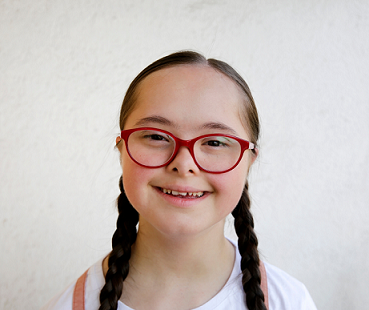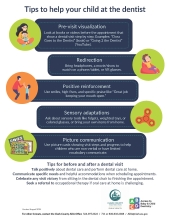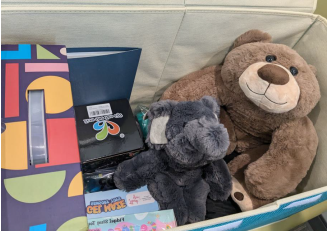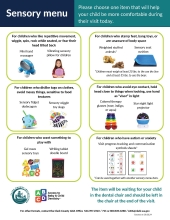When a child has special needs, it can be easy to overlook going to the dentist, but healthy teeth are important for a healthy body. Benefits of strong, healthy teeth include:
|
|
Parents and caregivers
Help your child be more comfortable and cooperative at the dentist by using social stories. Social stories help people understand social situations and how to act in them. Social stories videos about going to the dentist are geared toward all children and specifically children with autism. Illustrated social stories are available in English, Spanish, and Russian.
For children who are non-verbal or have limited vocabulary, using picture exchange communication can increase their comfort level and cooperation. More strategies to help children at the dentist are available on the ABCD program page.
The University of Washington School of Dentistry and Washington Department of Health created fact sheets for a variety of special needs diagnoses. These fact sheets provide information about dental care and tips for scheduling dental appointments.
Tips for dental offices
Providing dental care for children with special needs can be rewarding and challenging. Here are some tips for providing care to children with special needs. Evidence-based and expert recommended practices can help children with special needs be more comfortable and cooperative at dental offices.
Here are some tips for providing care to children with special needs:
- Ask what accommodations child may need
- Be flexible in meeting child's needs
- Celebrate small victories
- Empower the child
- Offer positive reinforcement and specific praise
- Offer pre-visit visualization
- Offer sensory adaptations
- Seek help if needed
- Use picture exchange communication
- View parents as partners
Tips to help your child at the dentist
Parents are a key component in preparing their children to have a positive dental visit.
By providing this handout Tips to help your child at the dentist to parents, your office can empower them to start early in preparing their child on what to expect when they arrive.
Continuing education opportunities for dentists
The Center for Persons with Disabilities Presentation Series offers several no-cost webinars on caring for persons with special needs that are aimed at building awareness of the barriers to equitable oral health for individuals with disabilities, and developing competency to provide oral health care to this vulnerable population. The series is open to dentists and their support personnel at no charge. Dentists completing 18 or more of the courses within a three-year period will receive a certificate of completion from Penn Dental Medicine as a Disabilities Dentistry Clinician Expert.
ABCD recruits and trains providers to care for Apple Health (Medicaid) insured children from birth up to six years for enhanced fees. ABCD Phase III expansion training covers caring for children with specific healthcare needs through age 12. Dentists attending this training can earn 1 continuing education credit. For more information on ABCD training, email Anna Cruz, ABCD Community Health Specialist for Clark County.
Sensory kits for dental offices
A sensory kit is a great way to assist the dentist and parents with special needs children during their dental appointment. In cooperation with the University of Washington Dental School and Dr. Hsu, ABCD Champion for Clark County, the Clark County Public Health ABCD program has created a sensory kit. A small grant enabled creation of these sensory kits and distributed to a limited number of Clark County pediatric dental offices during the summer 2024.
For dental offices interested in creating their own sensory kits, here are the relevant documents to build their kits:
Tips for dentists
Sensory menu
Additional resources
- Oral health for Apple Health-insured children on the ABCD program page
- Children and youth with special health care needs
For more information, email Anna Cruz, ABCD Community Health Specialist, or call 564.397.7371. Ingles- Español.




